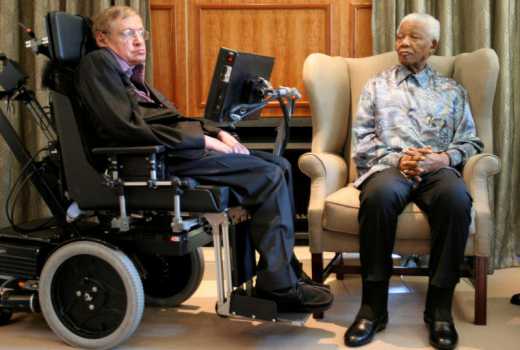×
The Standard e-Paper
Kenya’s Boldest Voice

Many people pass through this small planet unnoticed. Others are too visible and leave their trails long after their time is up. Some trails are physical like monuments, buildings and even artefacts. Few leave intellectual trails. Prof Stephen Hawking was among the few.
At 76 years, he left an intellectual legacy that will outlive him. We could argue he was a true superstar. Rarely do scientists become that famous.